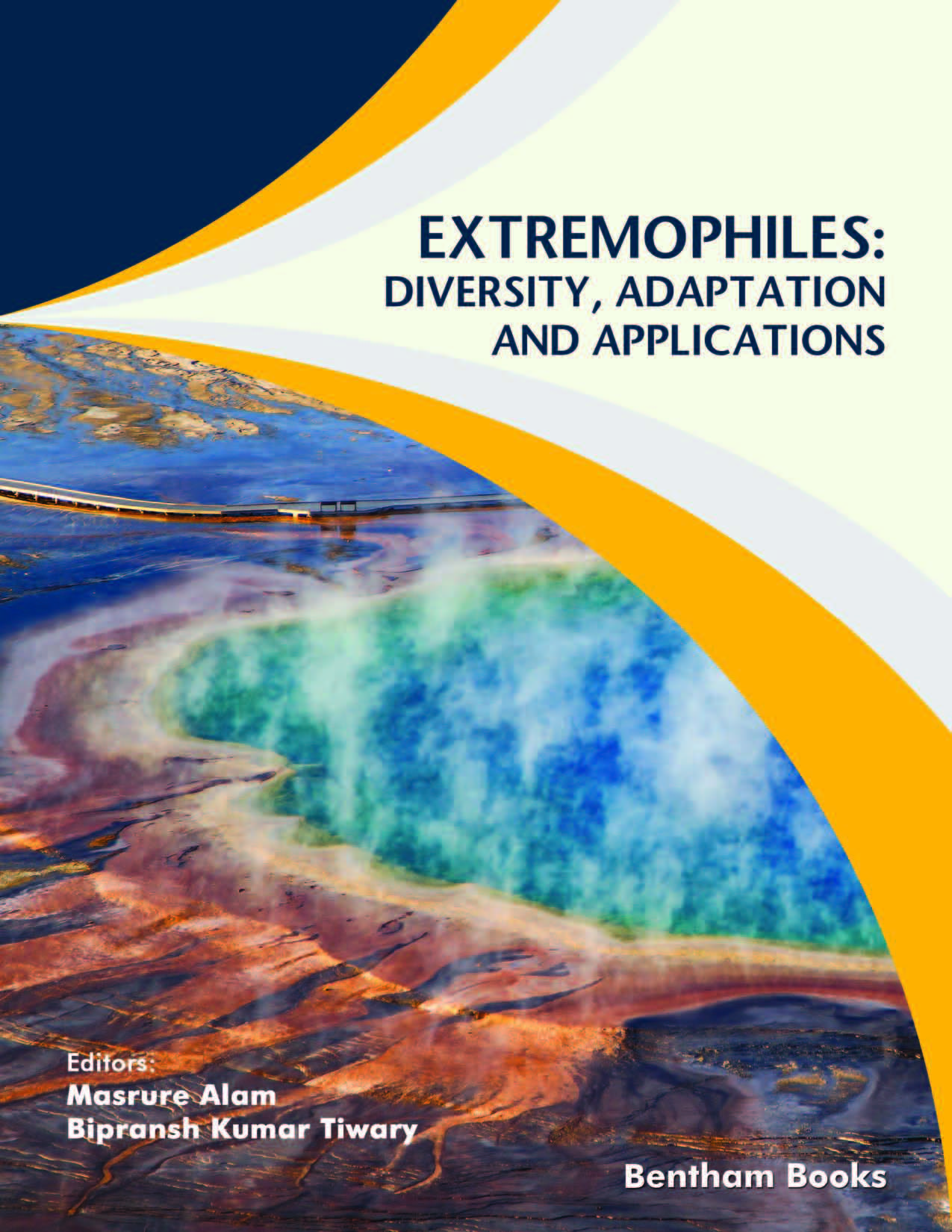Introduction
Extremophiles: Diversity, Adaptation and Applications brings up-to-date
knowledge about different types of extremophiles, the fascinating group of
microorganisms that love to live in extreme environmental conditions. The book
consists of fourteen chapters, of which, the first provides an overview of all the
major types of extremophiles and the relationship with their respective extreme
environments. The chapters following this introduction explain the diversity of
prokaryotes based on environmental conditions, adaptation mechanisms, and industrial
applications. The book concludes with a summary of the diverse biotechnological and
industrial applications of extremophiles, emphasizing the importance of these
microorganisms for human welfare.
The book is intended as a primary textbook reference that enriches the knowledge base
of scholars in the field of microbiology and biotechnology. It can also serve as a
secondary reference for anyone who is interested in research on extremophiles.
Key Features
- Covers all the major types of extremophiles, including hyperthermophiles,
psychrophiles, halophiles, acidophiles, alkaliphiles, xerophiles, oligotrophs,
chemolithotrophs, anaerobes and others.
- Provides a fundamental overview of the microbiology of extreme environments
- Supplements fundamentals with information about industrial and scientific
applications
- Presents information in a simple structured format suitable for learners
- Includes references for further reading
Audience
Students, researchers and academics involved in microbiology and biotechnology study
programs.

